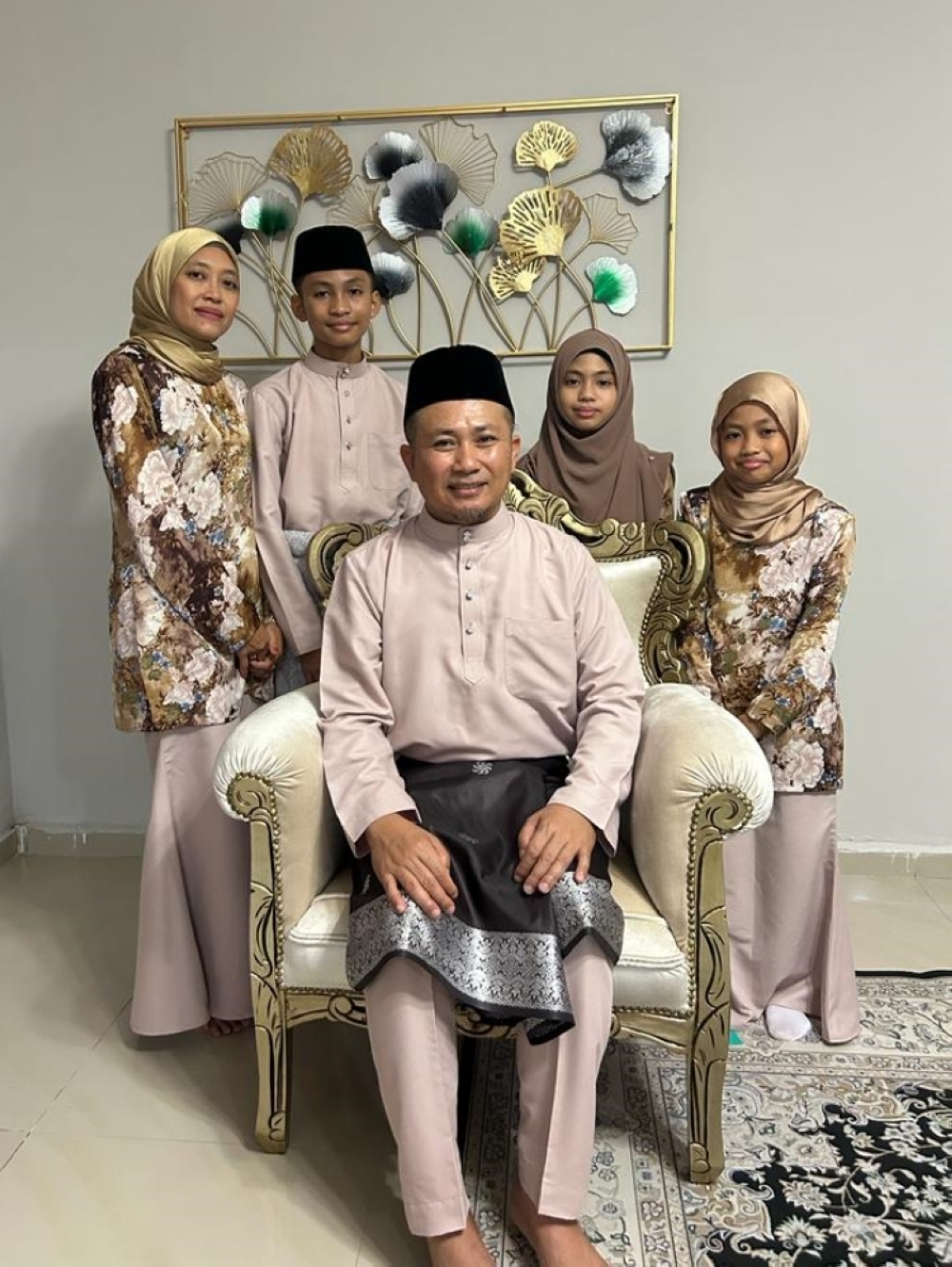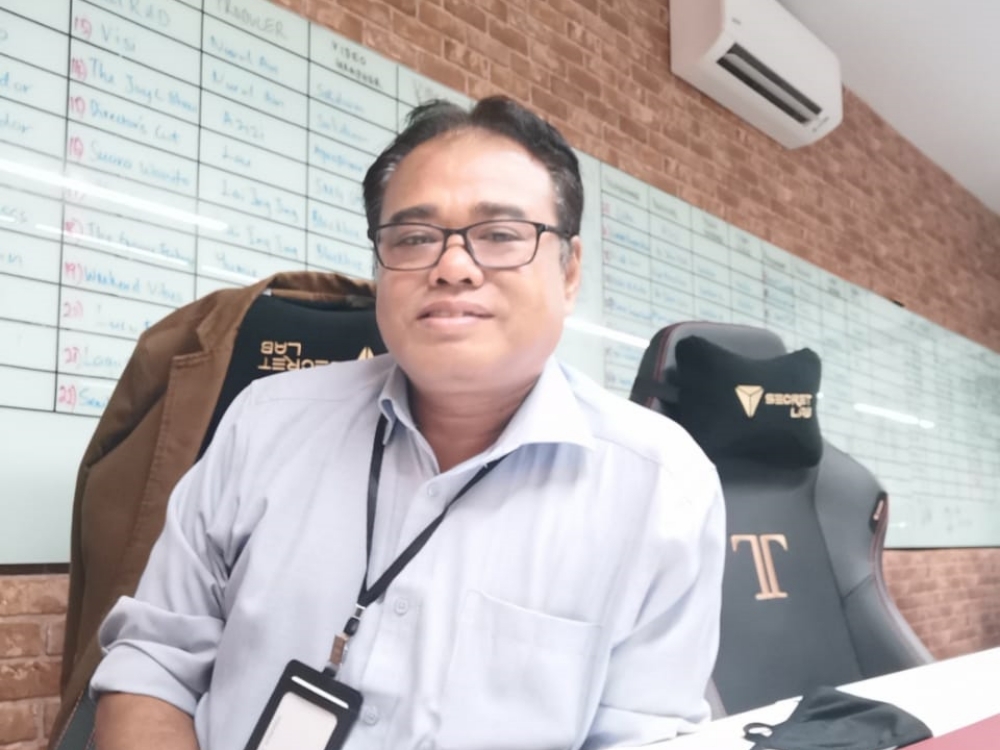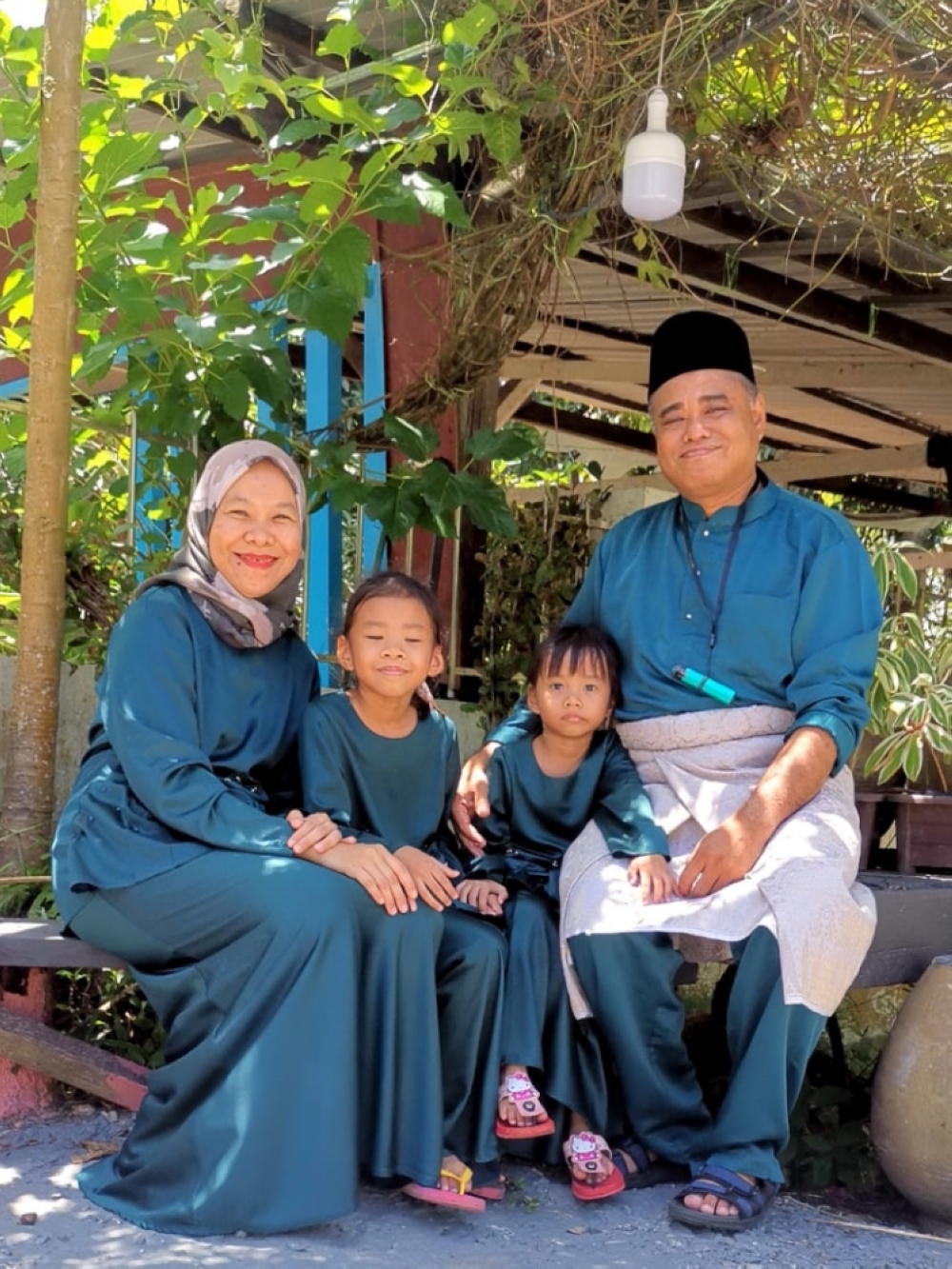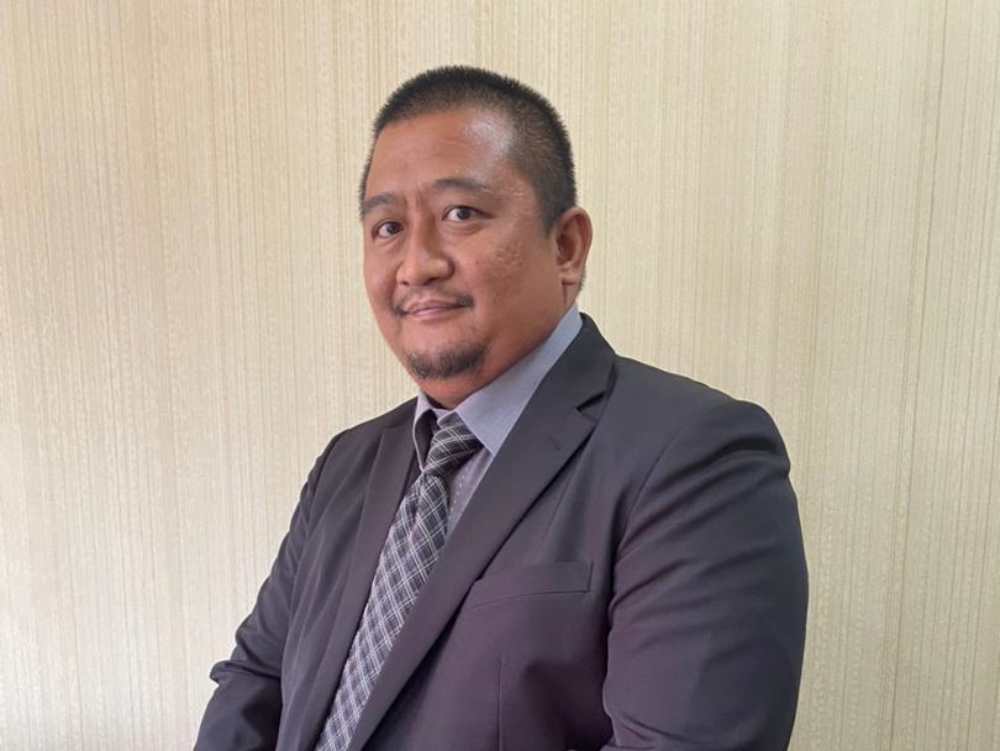MIRI, Sept 16 ― Syuhaira Mohd Zin’s ability to fluently converse in both Bahasa Sarawak and Melanau has seen many people mistake her for a Sarawakian, rather than a Negeri Sembilan native.
Hailing from Port Dickson, the mother of three is married to Abdul Khairil Rani ― a Melanau ― and has been living here for the past 15 years, where she is the campus director of Sarawak Skills/i-CATS Miri.
“I first set foot in the beautiful Land of the Hornbills in 1999 as a student in Kuching. Thanks to the friendliness of the people who made me feel so welcome, it did not take long for me to fall in love with Sarawak,” she told The Borneo Post.
She said it was this friendliness that made her feel at home in Sarawak, and eventually led her to settle down and raise a family.
“I am proud of myself for learning to speak Melanau fluently. It allows me to communicate and feel connected to my husband’s family.
“My friends and family are also impressed by my language skills,” she enthused.

Syuhaira said learning and respecting the customs and cultures of other communities ― something Sarawakians are known for ― is key to fostering unity and building harmonious relationships.
“The love and respect among the people of Sarawak not only strengthen family ties but also establish friendships. I am sure that anyone who visits Sarawak will be amazed by the diversity of cultures and the warm hospitality of the people.”
As a couple, Syuhaira says she and her husband make it a point to share each other’s culture and food with their respective family members.
“We’ve always enjoy learning about different cuisines and continue to do so even after marriage. For example, when we return to my hometown in Negeri Sembilan, we always serve Sarawak Layer Cake and Sarawak Laksa as the main dishes. This way, we can introduce my family in Negeri Sembilan to the delicious flavours of Sarawak cuisine.”
Their children, she added, were also taught from young to embrace the cultures of both sides of the family.
“My husband and I make every effort to visit our Malay and Melanau families as often as possible so that our children can learn about the respective customs and traditions.
“I am grateful that both sides of our family are open-minded and accepting of different customs and cultures.”
Another who has Sarawak very close to his heart is Selangor native Raja Idham Raja Mohamad.
The freelance broadcast producer, who has worked with several television stations in the country for over 25 years, calls a number of places in Sarawak his second home, including Sibu, Kuching, Miri, Kapit and Mulu.

“Sarawak is vast ― larger than Peninsular Malaysia. But what makes Sarawak truly unique is its people. In Miri alone, you can find people from over 30 ethnic groups with unique cultures and traditions.
“Yet despite this diversity, the people of Sarawak have found a way to live together in harmony. It is truly inspiring to see how people from such different backgrounds can unite and build a community,” said the father of two girls.
Married to a Mirian, Idham said his marriage has enabled him to gain a better understanding of Sarawakian customs and cultures.
“The cultural diversity in my wife’s family is reflected in their language and cuisine. Her father is Miriek, while her mother is Chinese-Bidayuh.
“This clash of cultures is beautiful to behold, and it has taught me a great deal about the world. Even though my in-laws are Muslim, they still practise some Chinese traditions at home.”

Drawing from his own experience, Idham said he firmly believes that mixed marriages can help build a stronger and more united nation.
“The distinct cultures and traditions of Sarawak and Peninsular Malaysia can lead to alienation. However, intermarriage can help to bridge this divide and create a more unified sense of national identity.
“It can be a powerful force to promote understanding and tolerance between different ethnic groups, as the two sides of the family can learn about and appreciate each other’s cultures firsthand.”
As for Lundu native Awangku Iswandy Awangku Serma, moving to and working in Penang has not diminished his or his children’s Sarawakian identity.
Married to a Penangite, he said all of his children are able to converse in Bahasa Sarawak, as well as their mother’s local dialect.

“My love for Sarawak is still strong even though I now live in Penang. I’m also instilling in my children a deep understanding of Sarawak, especially its culture so they will feel at home when they return.”
He said while he has not been able to return to Sarawak as often as he would like to, technology has allowed family members from both states to stay connected.
“I want my children to remember their Sarawak roots so that they grow up to appreciate and embrace the diversity of language, food and customs,” he said. ― Borneo Post



















